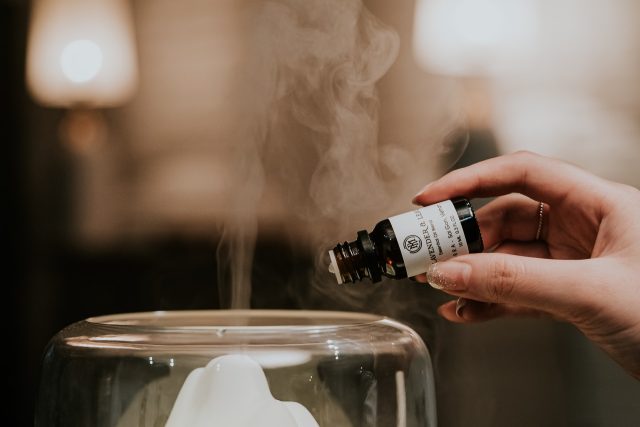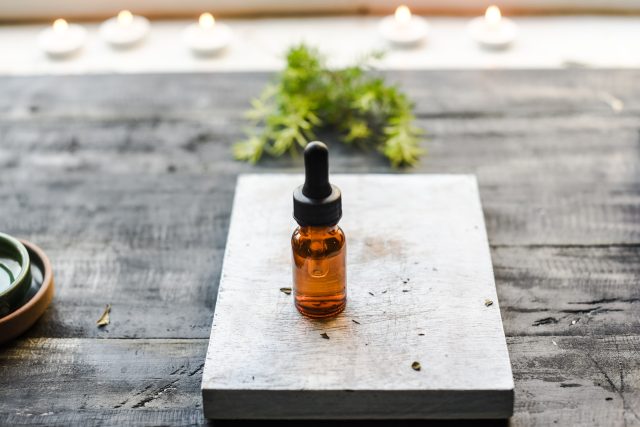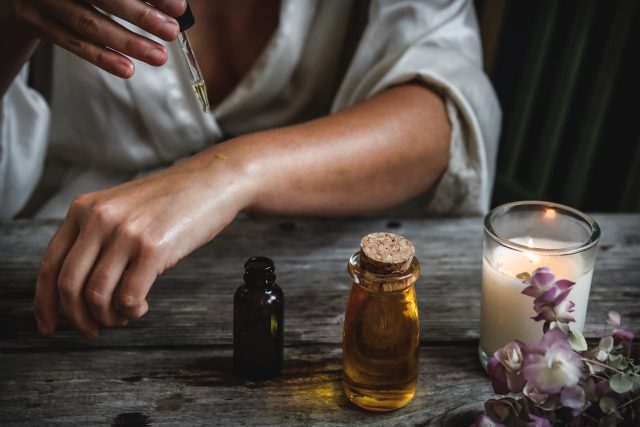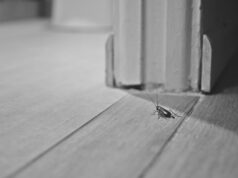
Are you interested in essential oils, but don’t know how to use them? Where do you even begin? No wonder you’re confused since there is a whole philosophy behind it. However, learning the basics is definitely worthwhile since these can be very beneficial to our wellbeing.
The usage of essential oils for our benefit is called aromatherapy. Some can be diffused, some not, so it is important to know how to use them. Well, tackle the subject in our title, right after we give an introduction on aromatherapy and oils.
ABOUT AROMATHERAPY…

Even in ancient times, people knew the medicinal properties of herbs and essential oils. They were mentioned in various writings, the awareness of their benefits is passed down from generation to generation, and these precious drops experience their flourishing in the modern world as well.
An increasing number of scientific studies confirm the effectiveness of such therapy. Oils are more and more present in every aspect of our lives, as well as the method that uses them. However, what exactly is this therapy?
It is a complementary method of maintaining and improving health, which uses essential and base oils to improve health, state of body, and spirit. Oils and other natural ingredients (such as cold-pressed vegetable oils) of the best quality are used, which are introduced into the body or applied to the skin.
Aromatherapists cultivate a holistic approach, and when approaching a client, they choose methods that balance the client’s psyche and body. Oils are applied in several ways: inhalation, massage (that is, absorption through the skin), vaginal, rectal, and oral application.
ABOUT OILS
Oils are volatile natural substances with an extremely complex chemical structure. Plants secrete essential oils for various reasons (defense, intercellular communication, pollination), and there is no doubt that essential oils are the most healing parts of plants.
They are obtained from different parts of plants (petals, bark, heart, seeds, resin, root…) by distillation or cold pressing. Some oils are obtained by solvent extraction, and the enfleurage method is also known, according to which the petals and parts of plants are placed in an odorless fat, which absorbs their essence.
How to identify quality oil?

Yes, essential oils smell nice, you can really prevent and cure many ailments with them, but you need to know what to pay attention to when buying quality ones. The inscription that you often see on a bottle that says 100% pure essential oil does not necessarily mean (and most often does not mean) that it is true.
To be sure that you have bought a really high-quality oil, it is important to know that the label on the bottle must contain: the Latin name of the genus and species of the plant (there are several types of lavender with different effects due to the differences in the chemical composition of the essential oils), the part of the plant from which it was obtained essential oil (from different parts of the same plant, oils of different composition and effect can be obtained), main chemical composition – chemotype of the oil (depending on the habitat and microclimate, they can have different chemical composition), the country where the plant grew, method of cultivation, date obtained and expiration date.
USAGE
As was mentioned earlier, thanks to their complex compositions, oils have a wide range of properties and uses. Aromatherapy is an increasingly popular method, thanks to its effectiveness in alleviating symptoms of stress, pain, depression, and anxiety. The beneficial effect of oils on the immune system and overall health is known for ages. Many people use them to improve memory, stimulate mental abilities, alleviate insomnia and raise energy levels.
Thanks to their versatility, the usage is wide and varied. However, there are several main ways to use them, the most popular being the inhalation using a diffuser.
Basically, it is dispersing them in the air using a special mechanism. Oils are diffused to disinfect the air and affect the mood of those present by creating a certain smell and atmosphere. However, not all of them can be diffused, therefore it is important to know which ones can be used this way.
For example, lavender and tea tree oil are by far the most popular among people who enjoy this kind of therapy, however, one should avoid diffusing them around kids and teens. Some tests have shown that they can cause hormonal disbalance in girls, for example. But on the other hand, lavender oil comes as a great help when it comes to soothing itchy skin. To learn more about which essential oils to diffuse, visit seasonslife.com.
Since we have already mentioned how some can benefit the skin, here is more information about such usage…

The skin is our largest organ, and it is also the most exposed to external influences. The use of natural preparations made of essential and base oils ensures quality skin care, while we can be sure that the skin does not absorb chemical ingredients that can harm the body. By absorbing oils through the skin, we also contribute to the health of the systems inside the body.
These oils are a favorite and valued addition to massage oils. They are also used for facial skincare, and for alleviating skin diseases such as acne, psoriasis, and dermatitis.
It is important to note that oils are never to be applied directly to the skin. The only safe way to apply them is to mix them with some other quality oil, like olive oil. This method of application is most often used in massage and therapeutic skincare, which you must have already experienced.
In the end, it is important to mention that oils are very sensitive and evaporate quickly, so they should be stored in dark glass bottles and in a cooler place, protected from light. The bottle should only be opened when you want to use the oil because oxygen causes oxidation and the oil loses its smell and effect.









